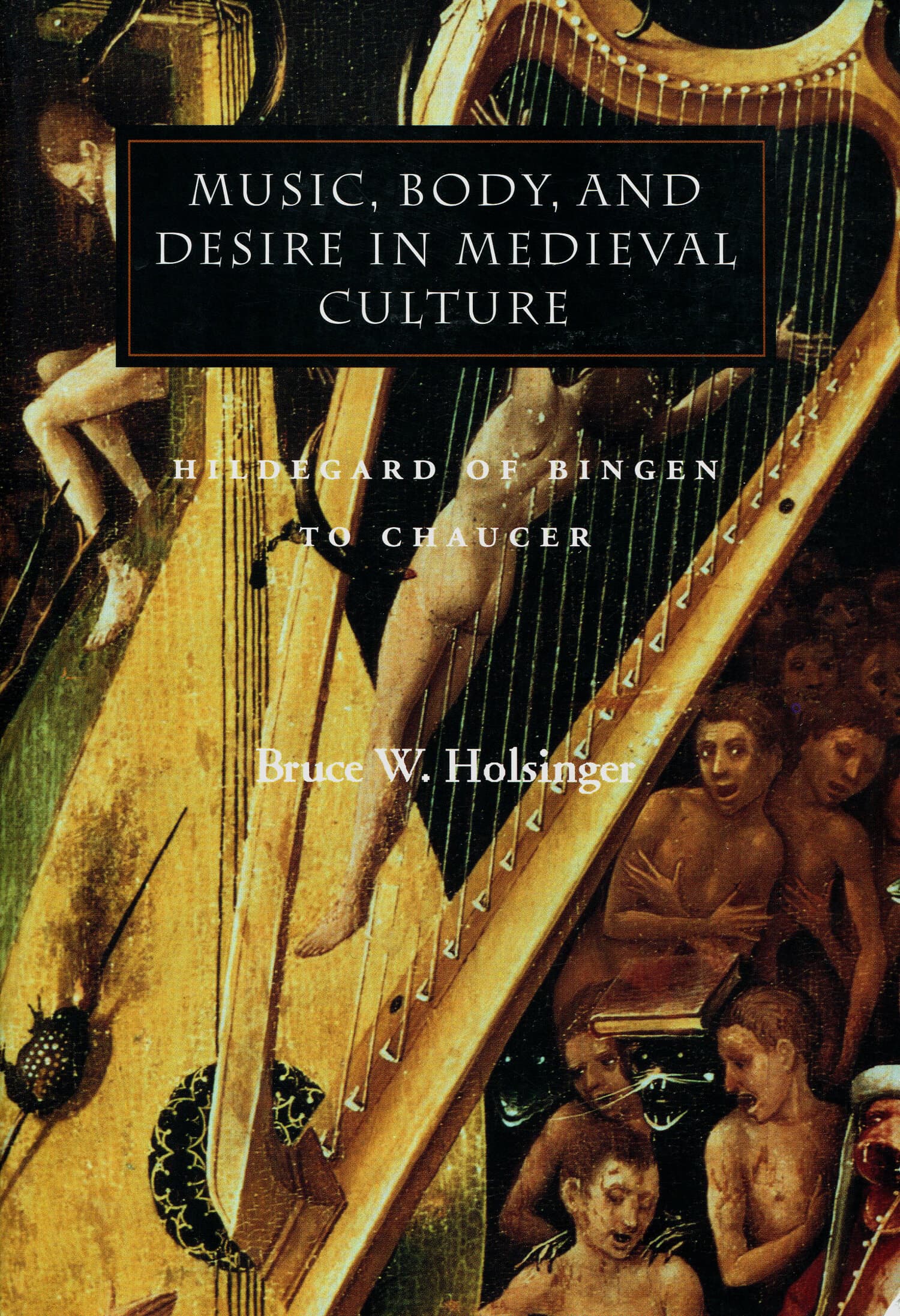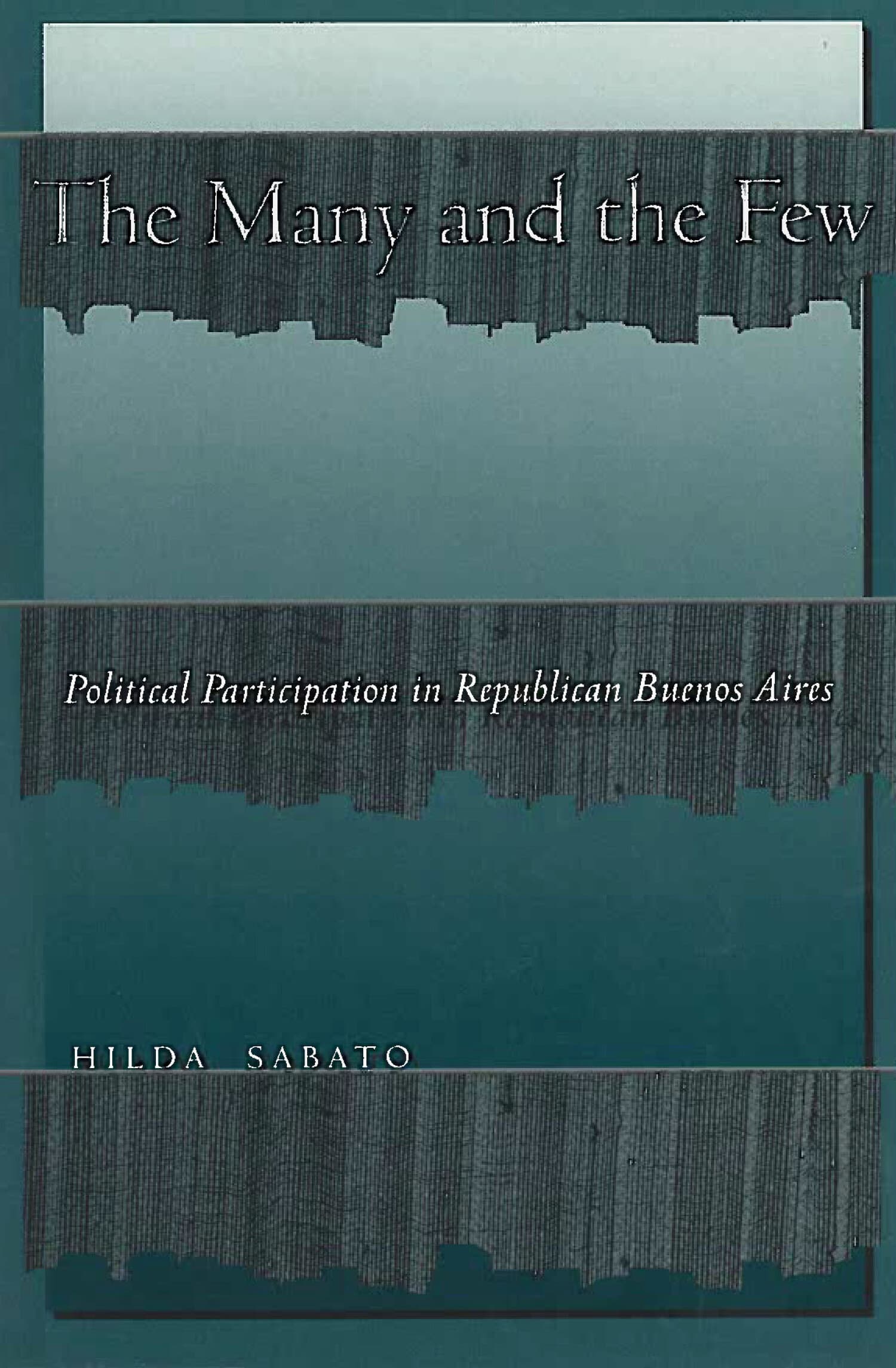Primitive Modernities

Primitive Modernities invites us to reconsider the boundaries that usually separate popular culture from the culture of the elite. It focuses on the cultural network that enabled popular music—tango and samba—to transform into national and modern forms. The origin of tango and samba is considered primitive, marginal. Yet in the early decades of the twentieth century, they each came to symbolize a nation: Argentina and Brazil, respectively. Garramuño analyzes the aesthetic and ideological processes that enabled this transformation.
Starting with the late nineteenth century, the author traces the changing meanings of the "primitive" in art, from savage and exotic to being linked to the modern. She considers not only music, but also painting, poetry, novels, essays, and films. Indeed, Garramuño understands culture as fundamentally a space of differences. In this sense, the book is also a reconsideration of the field of comparativism and of Brazil's place in Latin American Studies.
"One of the strong points of Garramuño's book is its positing of an alternative to binary formulations of nationalism and cosmopolitanism . . . [T]his work remains an important study for Latin American specialists, among whom it will foster a lively dialogue across disciplines."—Deborah Schwartz-Kates, The Americas
"Primitive Modernities is a wonderfully ambitious effort to understand the modern aesthetic, literary, and political production in Brazil and the differences and commonalities with Spanish-America. In this illuminating book, Garramuño brings together two powerful literary and intellectual traditions that have for too long been examined separately. Combining her literary and cultural scholarship with keen observations of the links between avant-garde artists and the national pasts, she offers a better understanding of the ways in which popular music, film and performers contributed to redefine nationhood in two key Latin American countries."—Arcadio Diaz-Quiñones, Princeton University
"This intelligent and richly argued book traces how Argentina and Brazil's national music became national in the early decades of the twentieth century. It studies the nationalization of tango and samba in the context of peripheral modernities that grapple with the tensions between the longing for modernity and the need for differentiation, construed as either primitivism or exoticism."—Diana Sorensen, Harvard University




